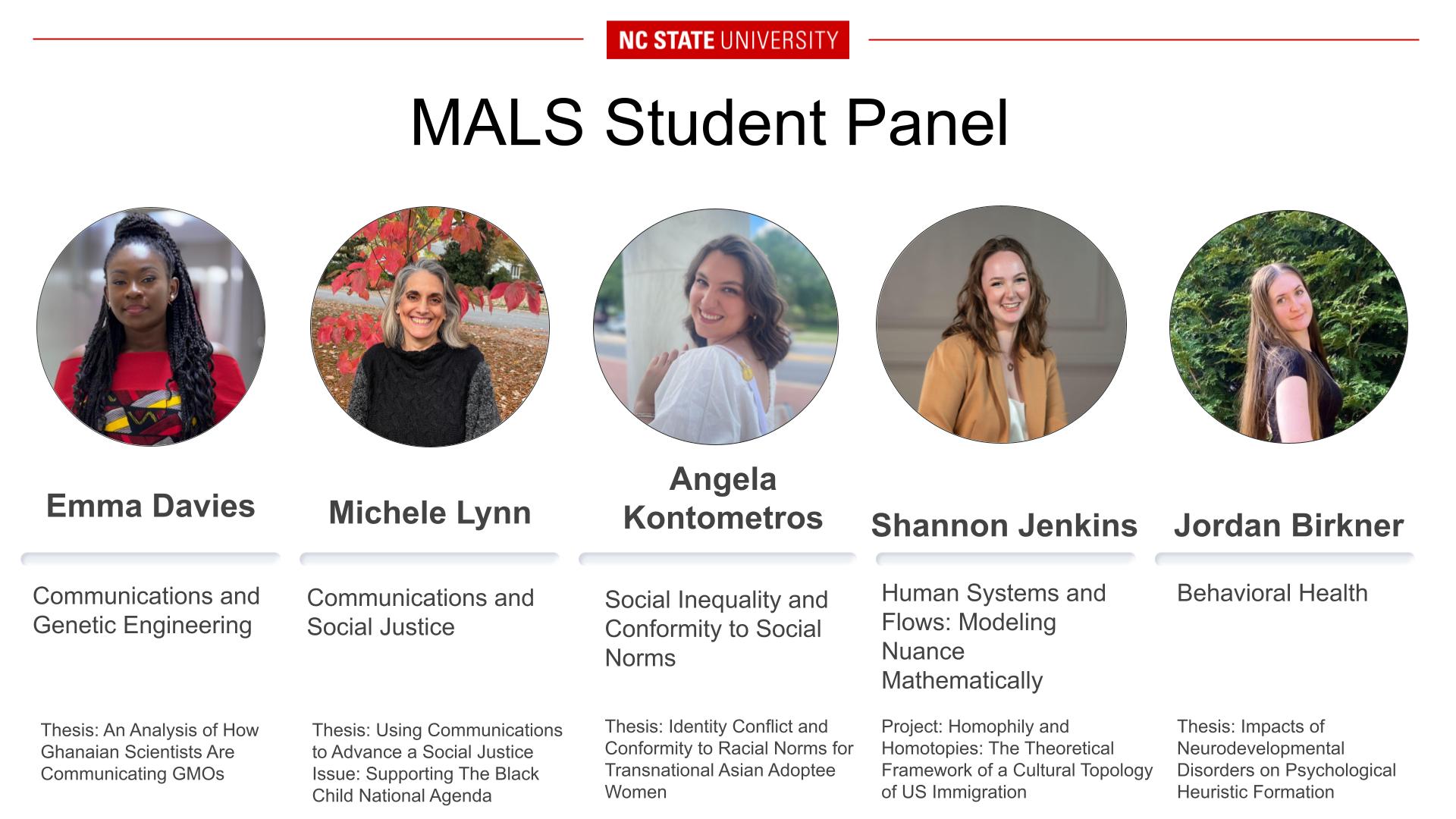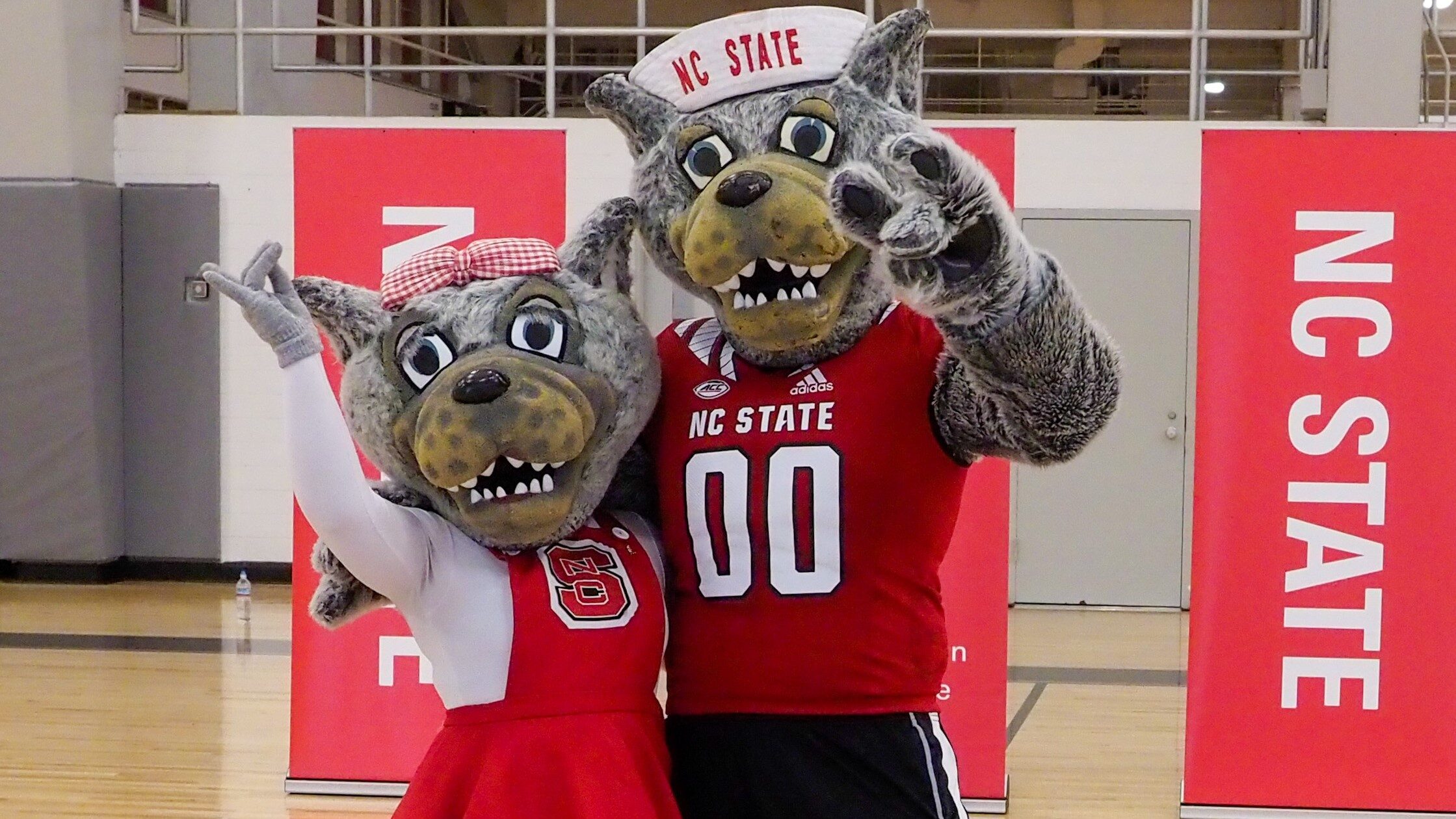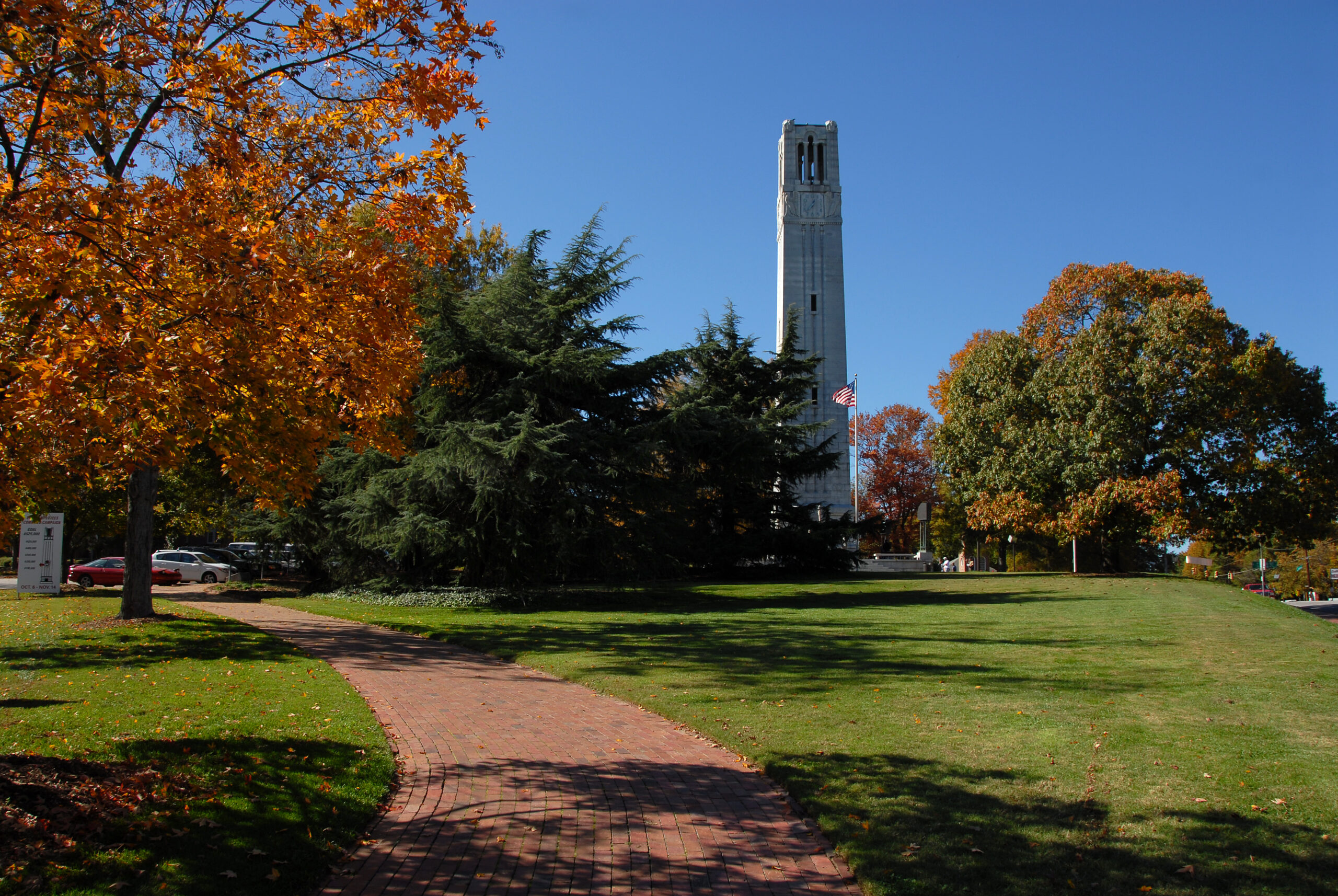Student Spotlight: MALS Science, Technology and Society Researchers
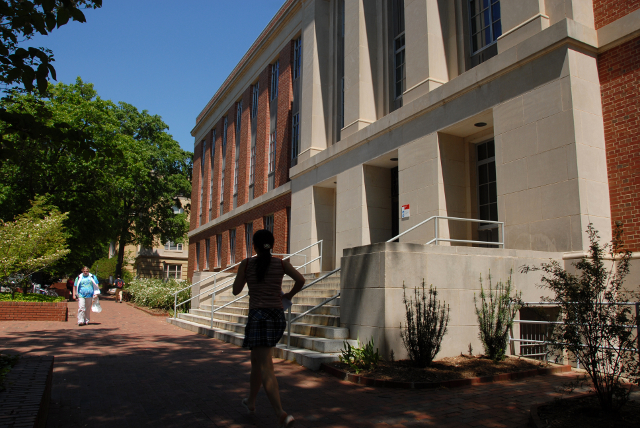
Leslie Wimmer: Taking an Interdisciplinary Approach to Science Communication
Recent graduate Leslie Wimmer is the manager of communications for the UNC-Chapel Hill School of Medicine, where she applies her experiences with the MALS program to navigate complex issues in health policy.
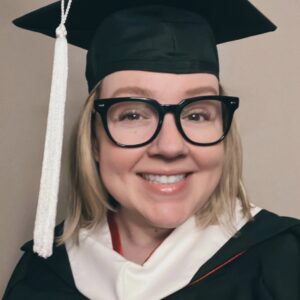
Tell us about yourself! Where are you from? What brought you to NC State?
I am from West Virginia and grew up in North Carolina. I later moved to Texas and then Arizona, and am very happy to have found my way back to North Carolina. I enrolled at NC State because of the Liberal Studies program. I really enjoyed the freedom the program provides for students to create a degree that suits our interests. I also appreciated the opportunity to take a wide range of courses across multiple disciplines. For example, in my coursework I was able to study topics including federal and international policy, climate science, the Anthropocene, pathophysiology, scientific ethics and skepticism, study design, and more.
What is your academic and/or professional background, and why did you decide to apply to the MALS program?
My undergraduate education was in journalism and my professional background has been in newspaper journalism, research communications and crisis communications. I was able to blend my professional experience and knowledge with new topics in the MALS program and found that to be such a valuable experience.
Tell us about your current research and academic pursuits, as well as about your professional life. Any recent accomplishments you’d like to share?
Graduation is my most recent accomplishment! It was a huge milestone and the ceremony was a great experience. For my professional life, I currently am a manager of communications for the UNC-Chapel Hill School of Medicine. I really love my work and have enjoyed finding ways to blend knowledge I gained during my coursework and research into my professional work.
What brought you to your field of study? When/why did you become interested in your area of study? How do you apply interdisciplinary perspectives in your academic and professional work?
Experiences from my career in research and crisis communications drew me to my research topic. Over the years I have worked on various projects where I was helping to communicate about climate change or COVID-19 to different audiences. I noticed complexities that arise across both topics, including the spread of misinformation, disinformation and conspiracy theories; complications from social media and news media as information platforms; barriers related to cognitive biases; political complications and policy complications; and more. Both of these topics, climate change and the pandemic, have impacts across all disciplines, though my interests were focused on policy, communications and science. The MALS program gave me a great opportunity to explore facets of these complexities and to dive into research that helped me understand parallels and takeaways that could help communicators and others in the future.
Beyond your academic work, what’s something that you feel would be important for us to get to know you as a person?
My favorite place to be is outdoors. If I’m not working or spending time with family, I’m likely on a hiking trail somewhere.
Lia Willcoxon: Addressing Disparities in Global and Women’s Health
MALS accelerated bachelor-master’s program (ABM) student Lia Willcoxon has spent her time in the program working with different organizations globally to raise and answer questions about equity in healthcare.
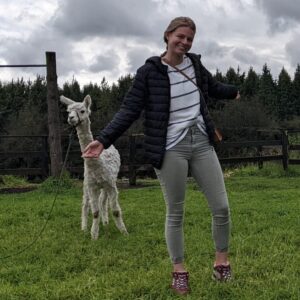
Tell us about yourself! Where are you from? What brought you to NC State?
I’m from Arizona, though I grew up moving around almost every region in the United States. I moved to NC State when my university, Arizona State University, transitioned online due to the COVID-19 outbreak. My sister had been working here in NC at Habitat for Humanity and we were both struggling, so chose to move in together. I enrolled in NC State to stay close with her and my niece and have been so incredibly grateful to the university since!
What is your academic and/or professional background, and why did you decide to apply to the MALS program?
After studying abroad in 2019-2020 as a global studies scholar, I noticed the transparent disparities that women faced in healthcare systems abroad. As a result, I saw the urgent need to understand global health disparities and support research in women’s health. As I was still enrolled as an undergrad, my advisor at the time, Dr. Carol Ann Lewald, provided me with several opportunities to grow and expand in this field. This included the ABM application to MALS, a program designed to allow me to create an interdisciplinary plan to expand my skills and knowledge in global health and women’s health.
Tell us about your current research and academic pursuits, as well as about your professional life. Any recent accomplishments you’d like to share?
Last year, I had the great opportunity to work over the summer and fall with the Universidad San Francisco de Quito at the school of medicine to prepare a protocol for a device aimed to increase older adult autonomy, a project to support older adult facilities to meet the World Health Organization’s (WHO) standards for age-friendly cities, and prepared a digital tool to help undergraduate students in writing research papers. Since, I have participated as a WomenNC scholar to prepare a paper on understanding women’s health disparities in rural counties of North Carolina and their impacts on the community as a whole. I also worked under College of Humanities and Social Sciences’s Dr. Seth Murray to prepare a report on the methods of a unified digital archive with over 40+ years worth of data between NCSU and UNC. This summer, I am looking forward to participating in research addressing the question, “How do global health recommendations from the World Health Organization for women’s health impact local public health institutes in Geneva, Switzerland?” I am hoping to utilize interviews with public health representatives to understand systems of global to local health programs. I am also eager to implement this into my MALS culminating project.
What brought you to your field of study? When/why did you become interested in your area of study? How do you apply interdisciplinary perspectives in your academic and professional work?
When I was studying in Aix-en-Provence, France in 2019-2020, my friend was referred to an OB/GYN due to a possible life-threatening condition that the primary care physician had found. The only OB/GYN was only available one month out from her original appointment. As she waited, I supported her through what was a mentally and physically burdensome time, where she was left in knowledge limbo. This story set in a well-renowned region for healthcare, and other similar stories from women, urged me to help repair the disparities in women’s health faced around the globe. This ambitious goal requires the utilization and understanding of multiple disciplines, including medicine, social sciences, and anthropology. As a result, I have prepared myself academically to engage with and support multiple disciplines to achieve this endeavor.
Beyond your academic work, what’s something that you feel would be important for us to get to know you as a person?
Growing up, I moved around a lot. I lived in Washington, Utah, Vermont, Tennessee, Arizona and now North Carolina. Growing up meeting so many diverse and distinct cultures within the same national borders opened up a passion for preserving cultural heterogeneity in me. I blame this experience for my obsessions with experiencing and studying different cultures.
Gretchen Thompson: Looking at Nonprofit Models for Participatory Community Development in Rural Areas
MALS alumna Gretchen Thompson works as a scientist at FHI 360, working in the global health sector, conducting research on water, sanitation and hygiene, nutrition and social and behavior change.
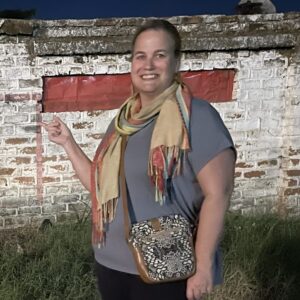
Please tell us what brought you to MALS? What was attractive about the degree?
I had the opportunity to explore my interest in multiple disciplines. My masters in Liberal Studies prepared me for my doctoral research and I’ve used what I learned in my work. Today, I work as a scientist at FHI 360.
Tell us about your MALS concentration and culminating project. What was your concentration title? What significance did your concentration and project hold for you?
My MALS concentration was on rural development. I looked at nonprofit models for participatory community development in rural areas. This was significant for me because I wanted to do research in international development and I was interested in agricultural and rural studies.
What are you doing currently? We’d love to know about your professional, personal, and/or volunteer activities.
I am a scientist at FHI 360 where I work in the global health sector, conducting research on water, sanitation and hygiene, nutrition, and social and behavior change. I am also a member of the Board of Directors for the Downtown Ayden Inc. nonprofit. I still live in Garner, North Carolina with my husband and youngest child.
How has your MALS degree and experience with the program enhanced your work/life? In particular, what impact has your MALS training had on your career in science, technology, & society?
My Master of Arts in Liberal Studies training prepared me to work with people from multiple backgrounds and disciplines. As a scientist, I often work with people from the physical sciences, engineering and medical sciences.
What is your favorite memory from your time in MALS? This can be a personal anecdote, a favorite lecture/class/topic, etc.; whatever you want to share is fine.
My favorite seminar was the global food security seminar, taught by Dr. Robert Patterson.
Beyond your academic and professional work, what’s something that you feel would be important for us to get to know you as a person?
I am passionate about rural communities, both at home and abroad.
Sylvia Reeves: Combining the Use of Multidisciplinary Data Sets to Solve Problems
MALS alumna Sylvia Reeves reflects on how the MALS program helped expand her knowledge base and skill sets that have been key to opening doors to professional public service opportunities.
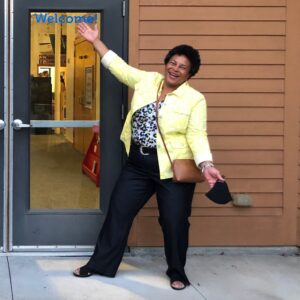
Please tell us what brought you to MALS? What was attractive about the degree?
I was a resident of Cary, NC, my youngest child was ten years old, and I was ready for graduate school. My undergraduate degree was in atmospheric sciences and I was very interested in a deeper dive into the other earth sciences (oceanography and geology) as well as science policy. I also knew that my tech skills could use a boost especially with regard to the handling of multi-disciplinary data sets. I was fascinated with the potential of ArcGIS applications and their ability to support policy development and decision support. NC State had all of this and I could direct the path of my studies to suit my interests in all of these arenas.
Tell us about your MALS concentration and culminating project. What was your concentration title? What significance did your concentration and project hold for you?
My focus was science policy and the use of multi-disciplinary data sets to solve problems. Shortly after I entered the program (in 2005) Hurricane Katrina hit the Gulf Coast. I was saddened by the loss of life and property and the impacts to vulnerable populations that went on long after the storm hit. My line of thinking was that by combining social science data, policy development and analysis with natural hazard impact data, the next big storm, flood or heat wave could be less impactful to all. My final project was an exploration of how policy makers in the business and government sectors used multi-layered data analysis to make decisions and improve – not just policies – but also their operational processes. My next positions were in emergency management at local, regional and state levels where my understanding of atmospheric and general sciences was valuable.
What are you doing currently? We’d love to know about your professional, personal, and/or volunteer activities.
Currently, I work for the National Oceanic and Atmospheric Administration’s National Integrated Drought Information System. That is a mouthful, but you can see that I didn’t stray far from the fields of weather and information exchange. I focus on the Northeastern states and information exchange around drought. I also work on national scale drought products and projects that bring together the research community, practitioners (drought response decision/policy makers) and provide information to the general public. I no longer live in North Carolina but I have fond memories of raising my family there. My volunteer work still centers on emergency preparedness in my new community and on work within my church. Yes, it will take action to address the impacts of climate change (drought in particular) but it will also take prayer. I pray for the simple things in life – clean abundant water, snow for snowshoe trails and a chance to see my country prosper and lead the charge for a healthier planet.
How has your MALS degree and experience with the program enhanced your work/life? In particular, what impact has your MALS training had on your career in science, technology, & society?
Quite honestly, I may not have pursued a graduate degree at all if it had to focus on a singular discipline. The MALS Science, Technology and Society program brought a breath of experience and learning that was motivating and highly useful. It expanded my knowledge base and skill sets and has been the key to open the door to professional public service opportunities that would not have happened with my undergraduate degree alone. To this day I still “preach” multidisciplinary studies and work to all students that I have a chance to mentor.
What is your favorite memory from your time in MALS? This can be a personal anecdote, a favorite lecture/class/topic, etc.
Interestingly, one of my favorite classes was in literature. It was my first MALS course as I tested out the idea of being a mom, a wife and a graduate student all at the same time. With a heavy science based course load as an undergrad, I never had time for a history or literature course. History and poetry are still one of my passions. MALS said “go-for-it!” The reading list was daunting but varied and intriguing. I read science fiction, poetry, studied music lyrics and southern classics that revolved around historical events in the United States. My final project in that course was a paper that centered on my own family’s history in the south and pivotal moments in U.S. history. That final project also included two very tangible products of my studies: the repair of one of my grandmother’s hand made quilts (circa 1915) and an original poem that it inspired. I still have that quilt and sometimes reread that poem to myself. I will hand both items down to my children as a legacy and proof that I was sometimes an artist as well as a scientist.
Beyond your academic and professional work, what’s something that you feel would be important for us to get to know you as a person?
I believe that everyone should have the opportunity to follow multiple passions. I acknowledge there will be multiple challenges as well. Don’t make assumptions from single encounters with me or with anyone. I have to encourage everyone to look at all the facets of the next person you meet or get to work with.
- Categories:
